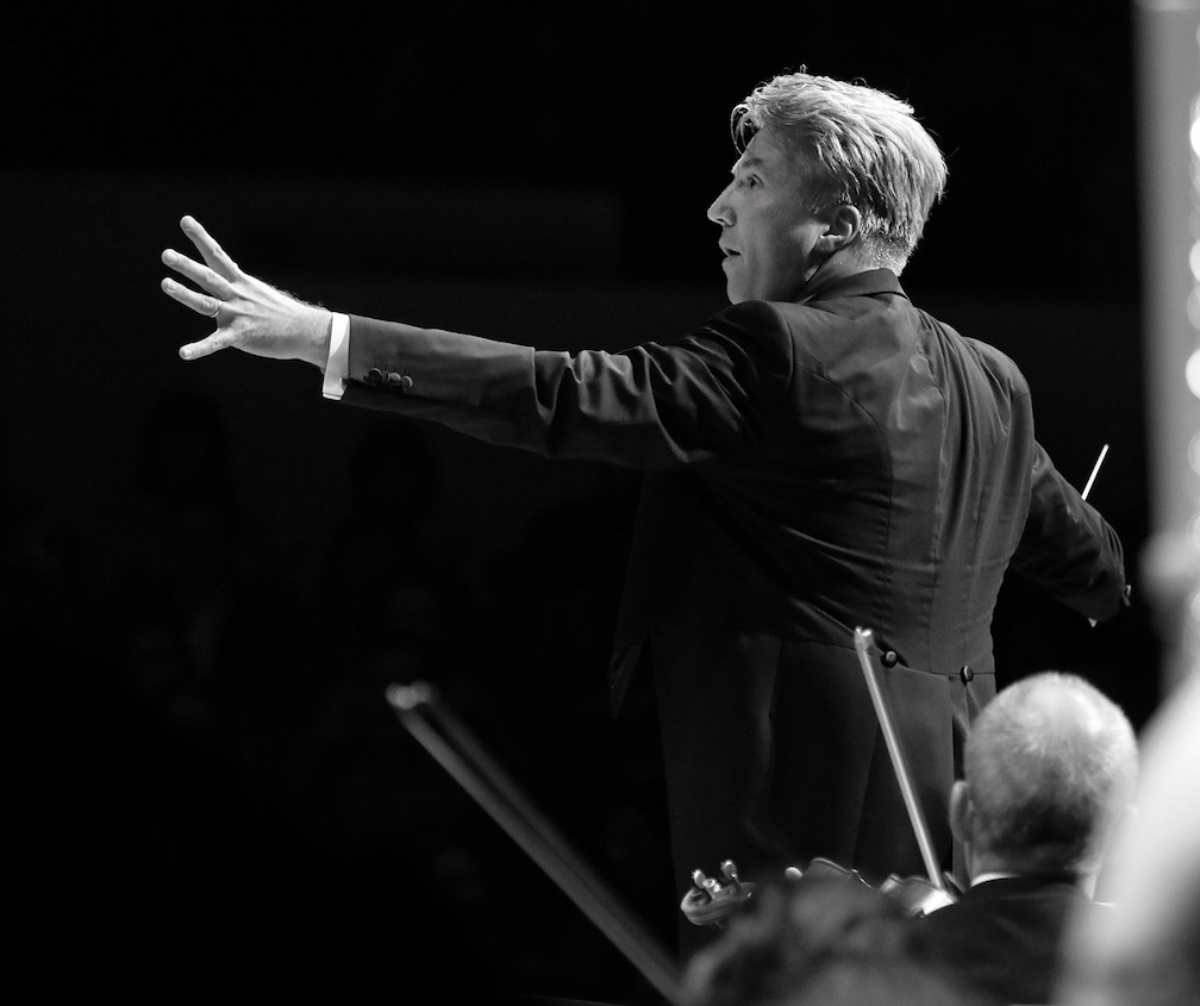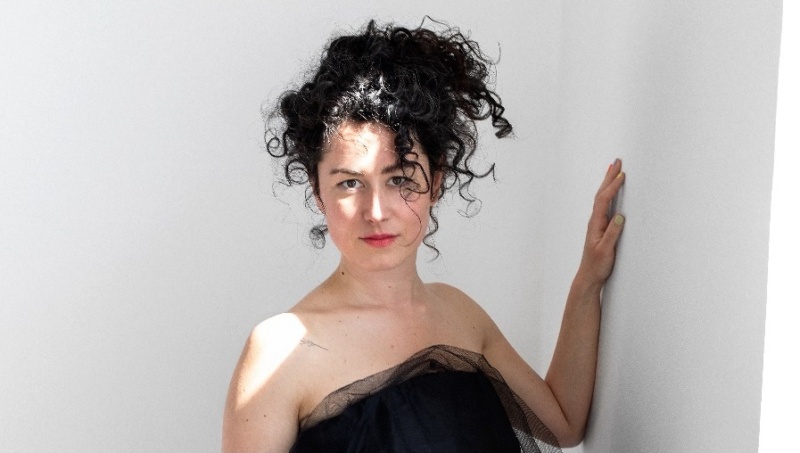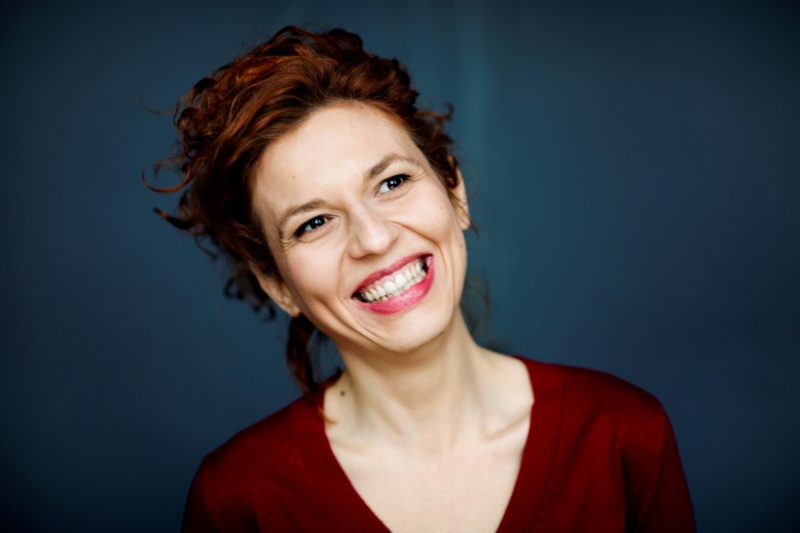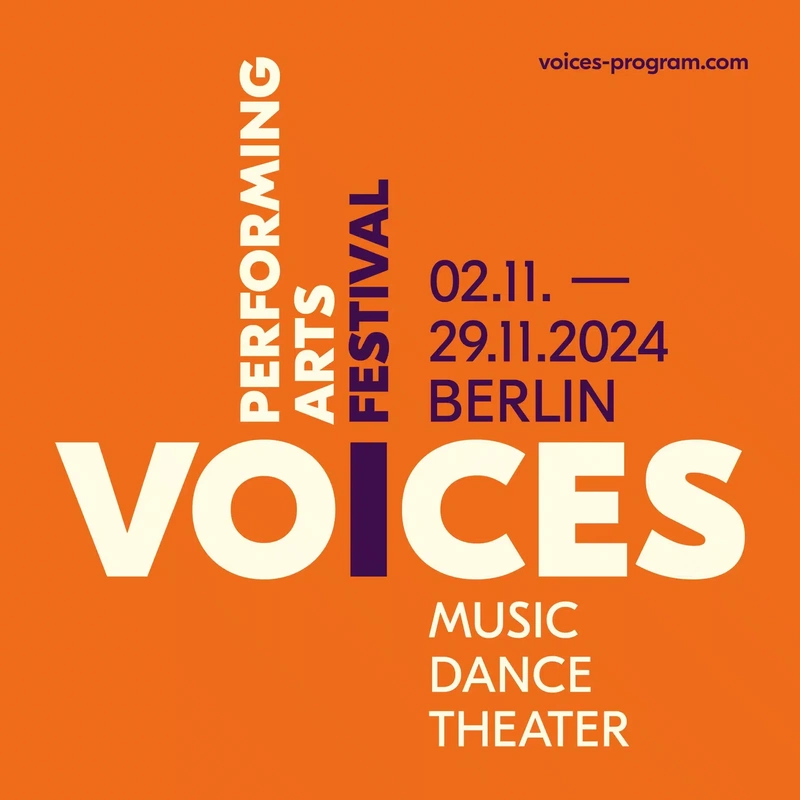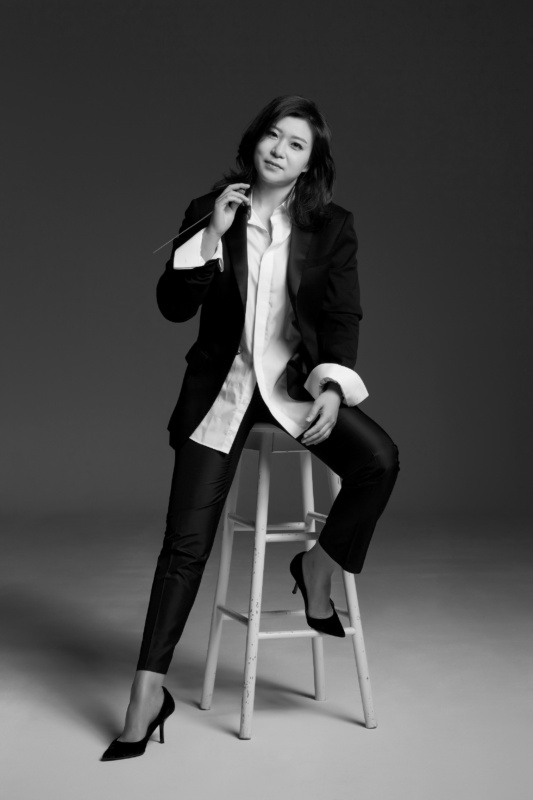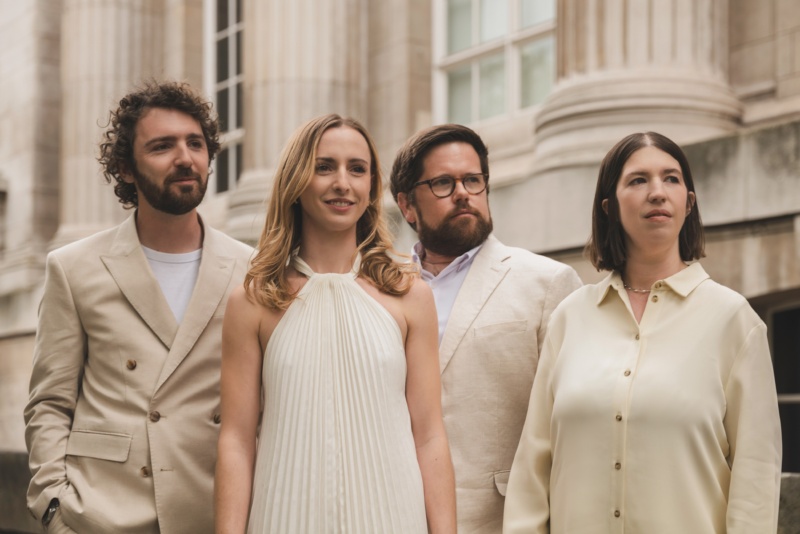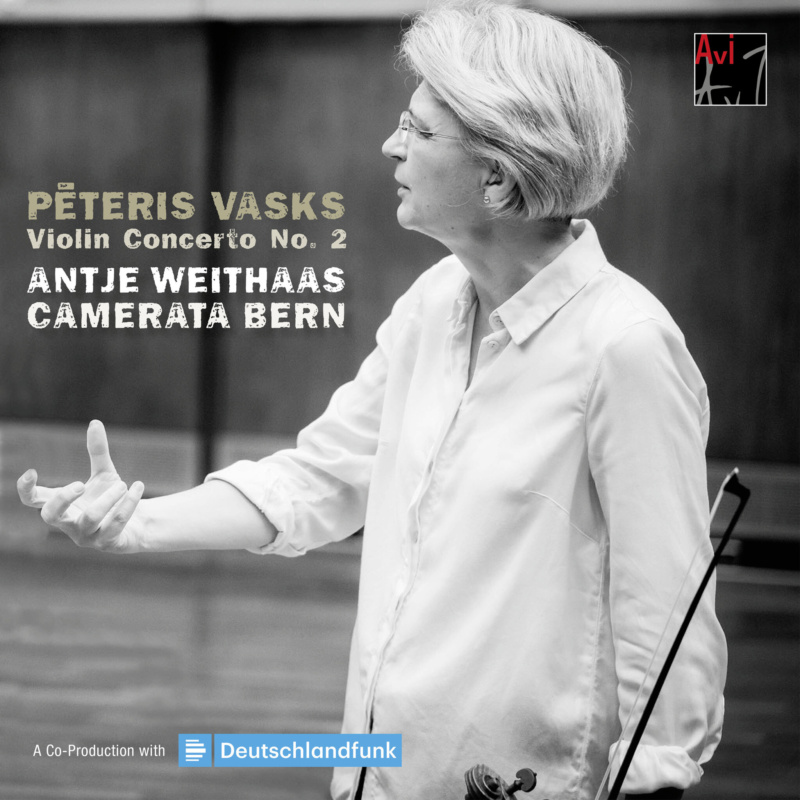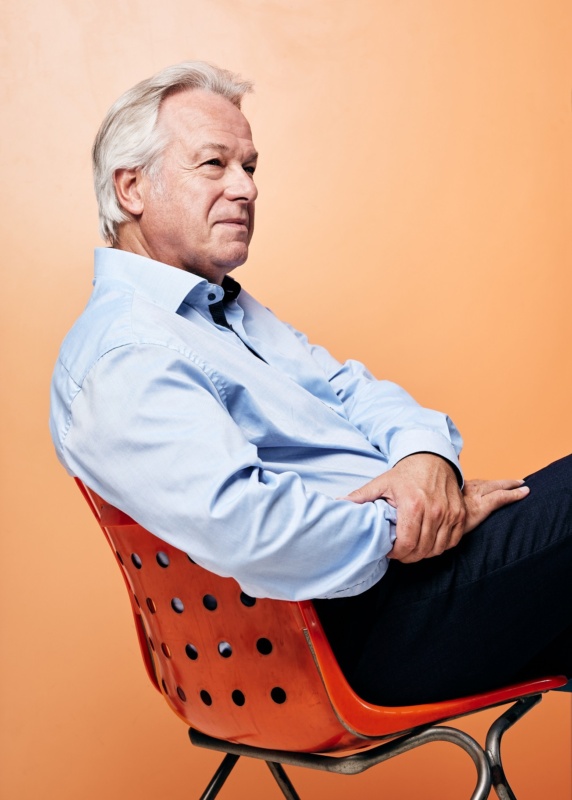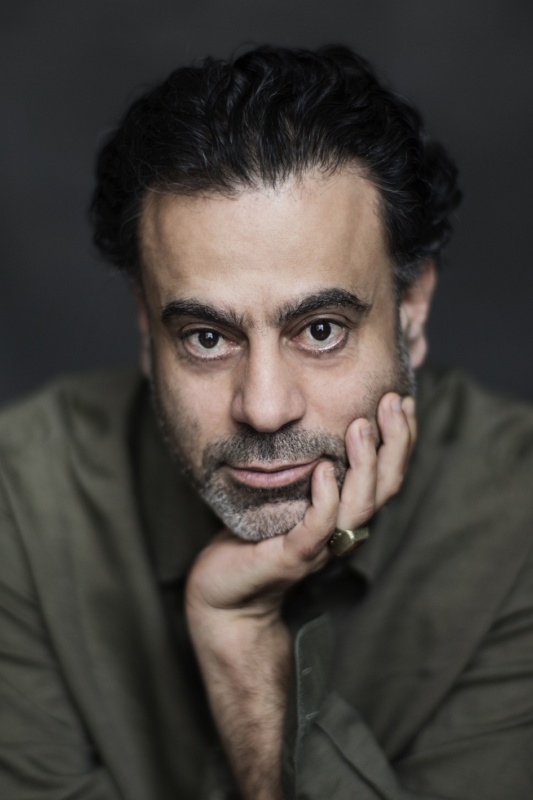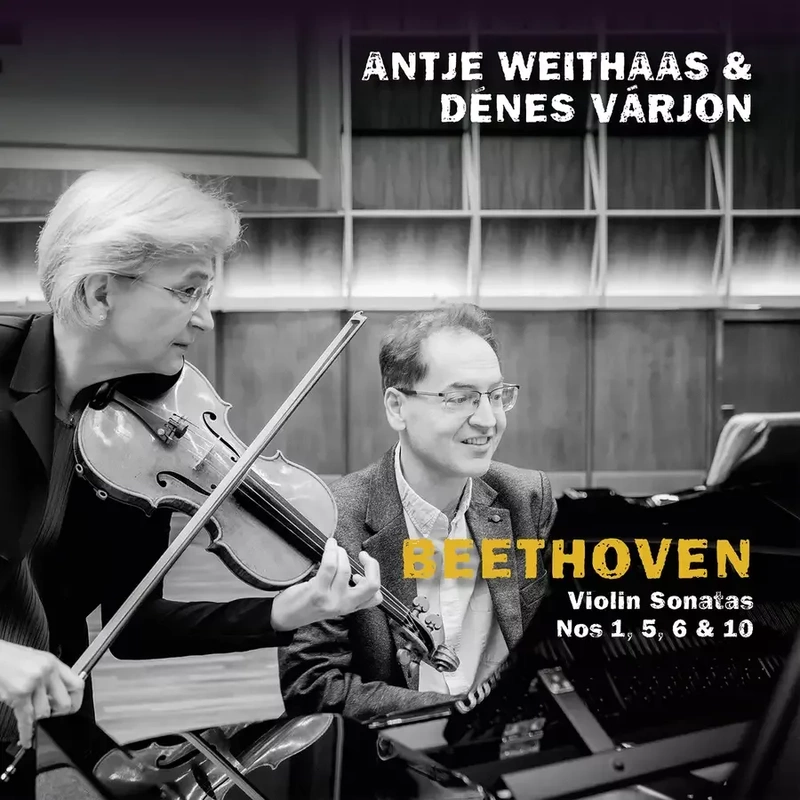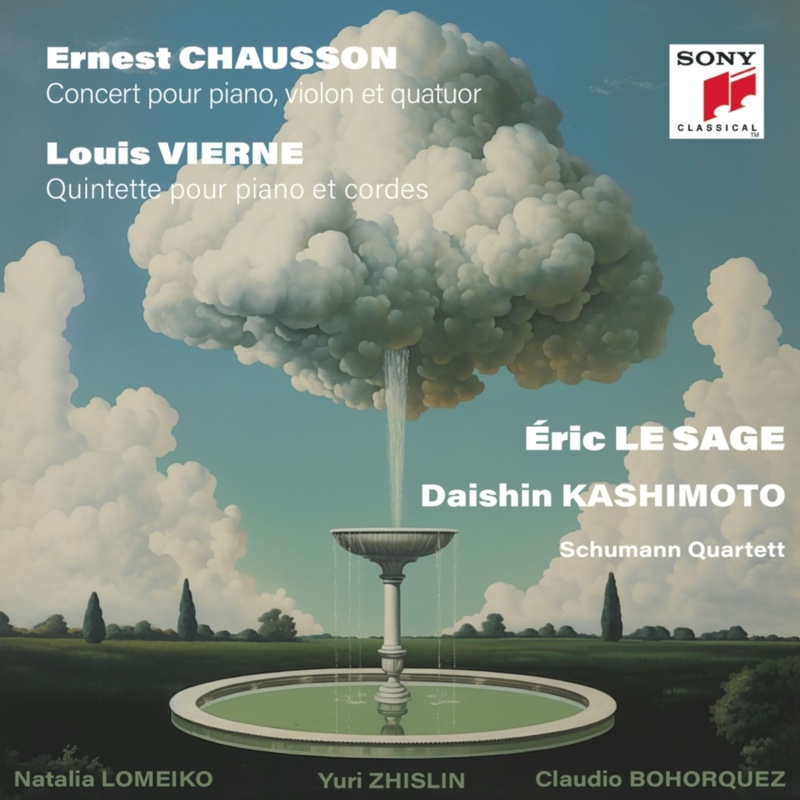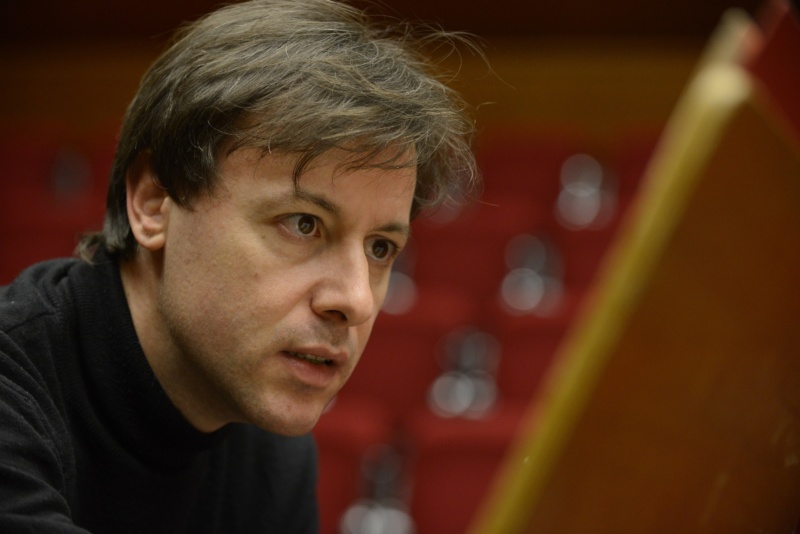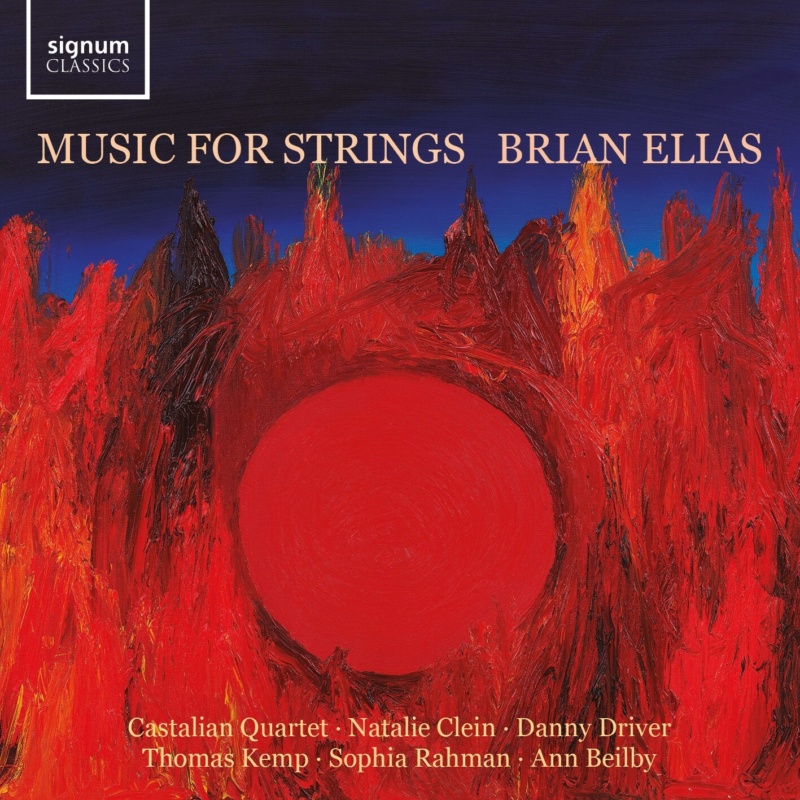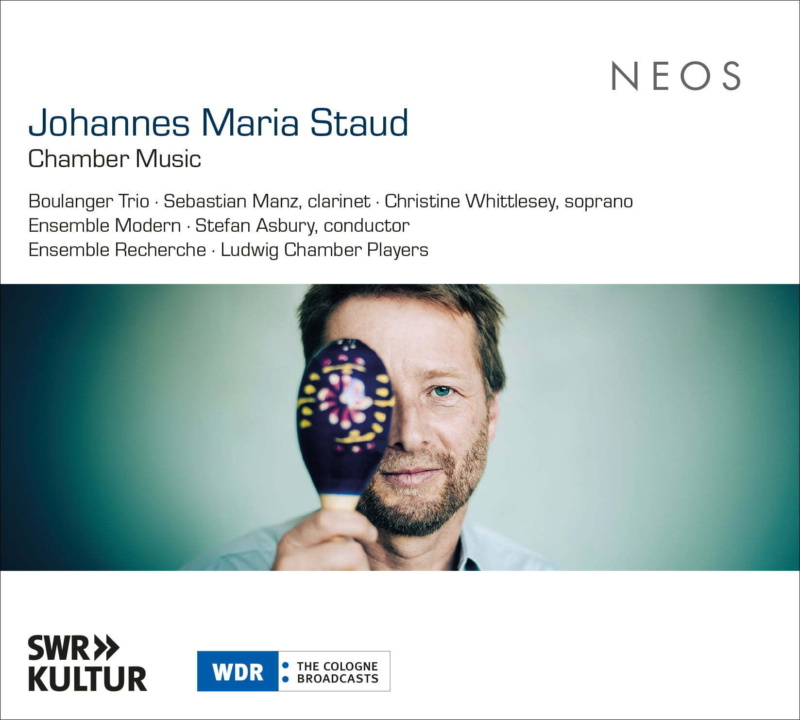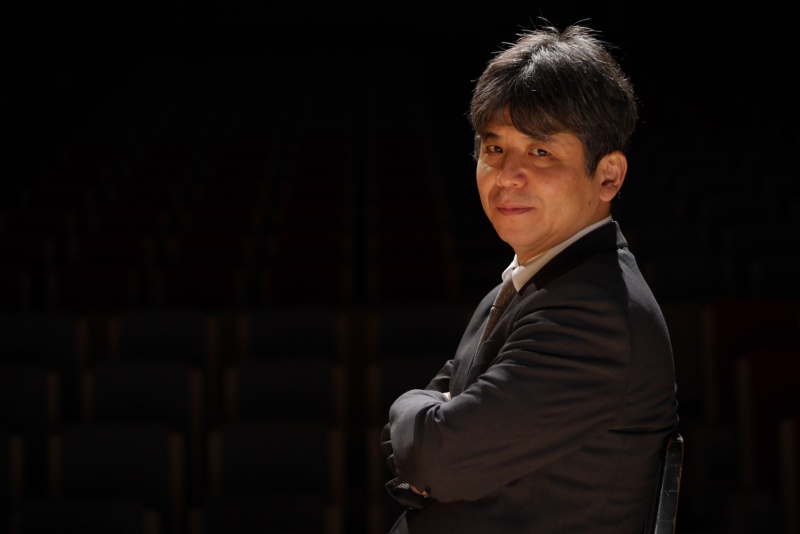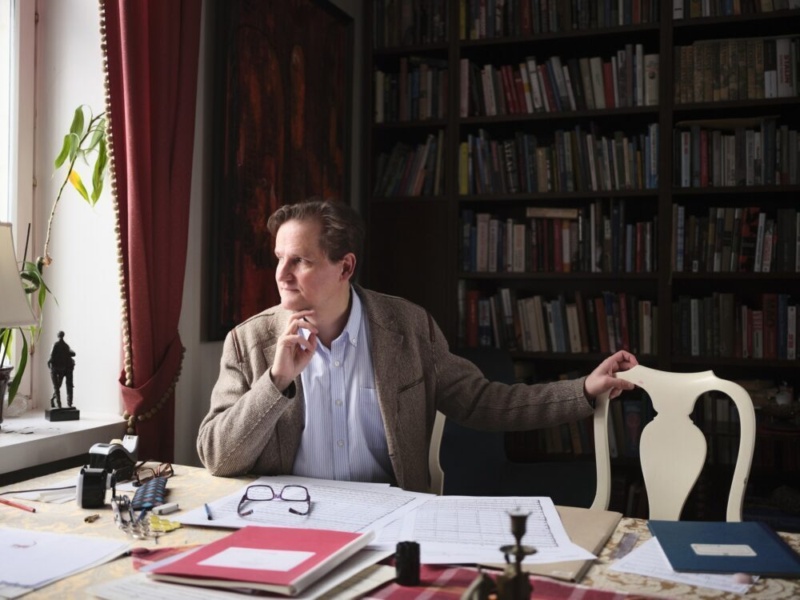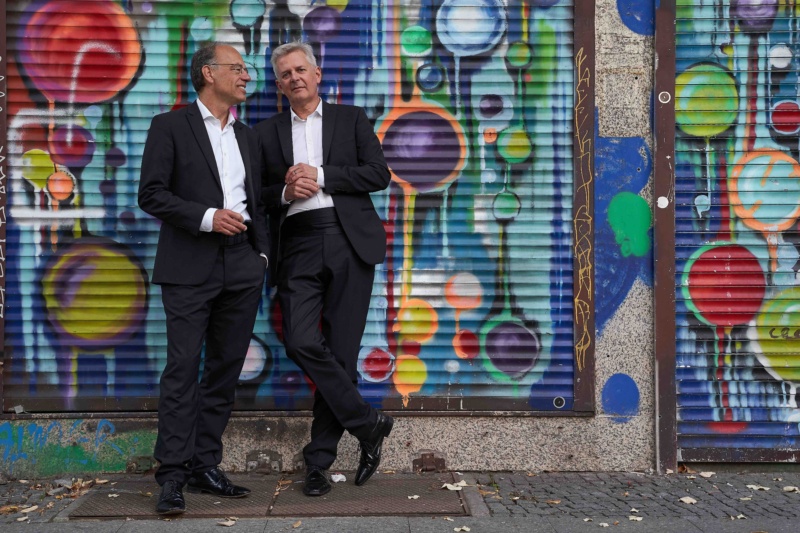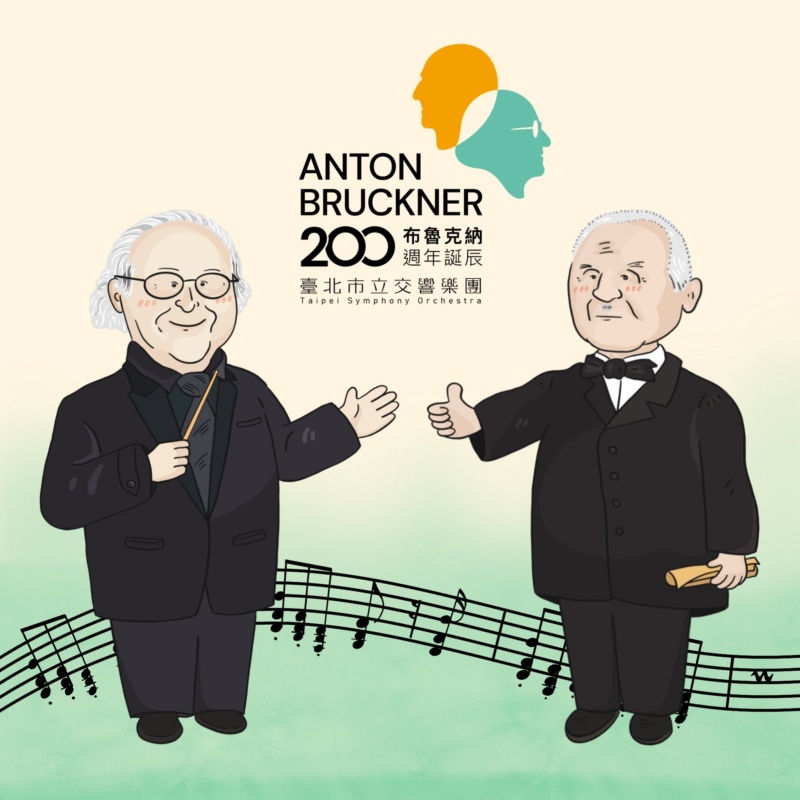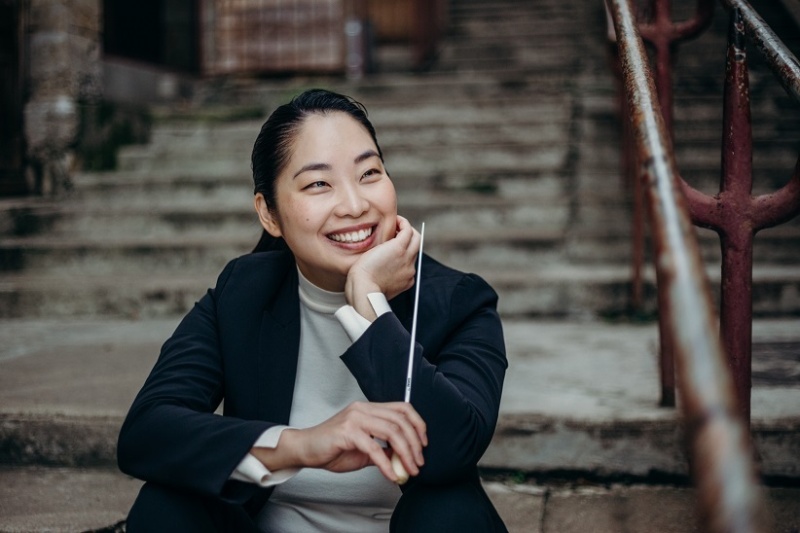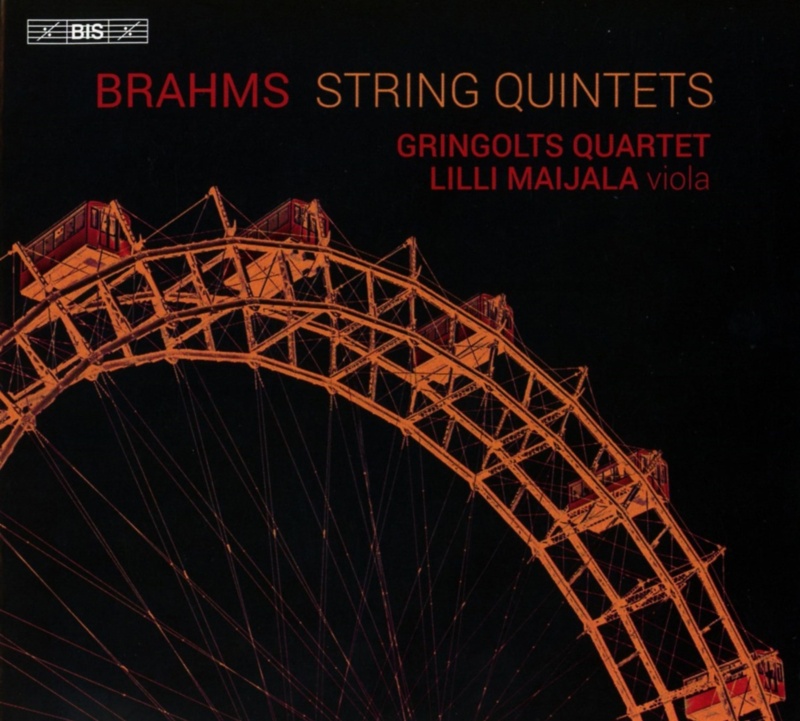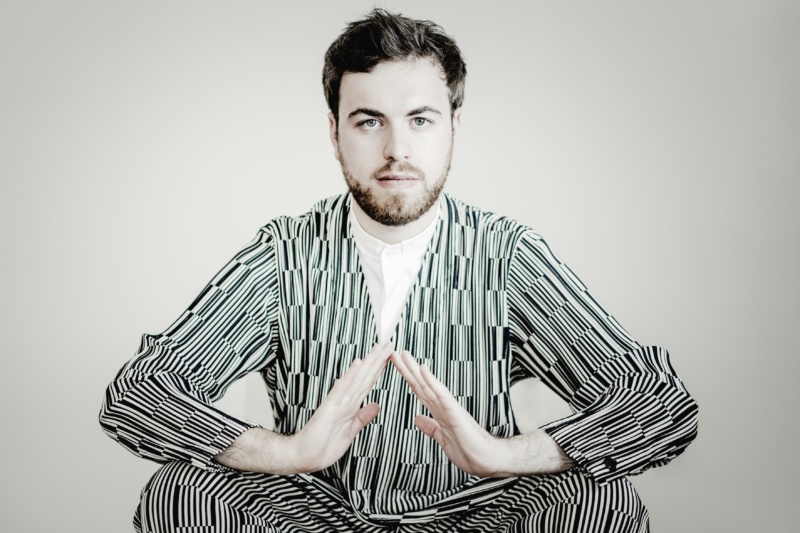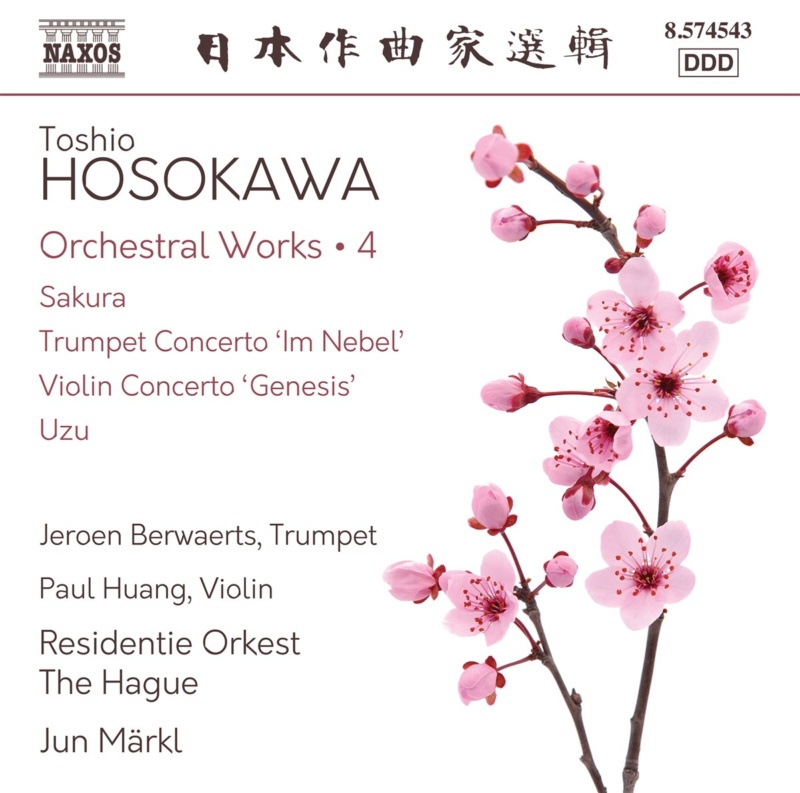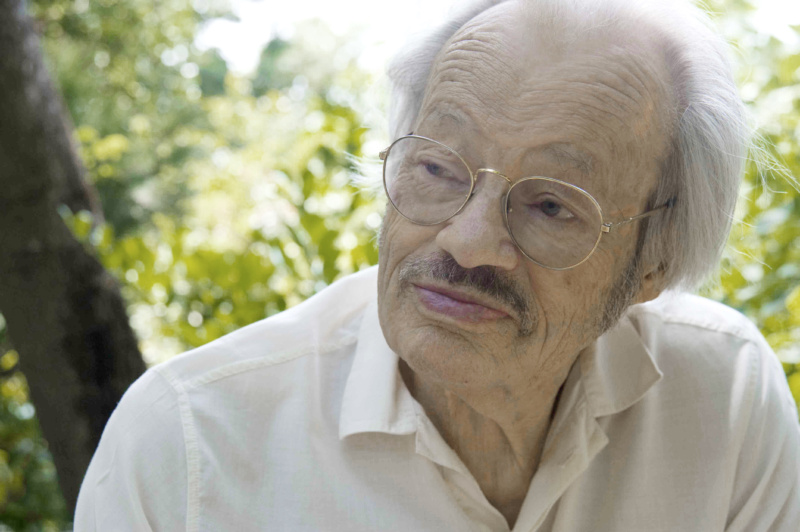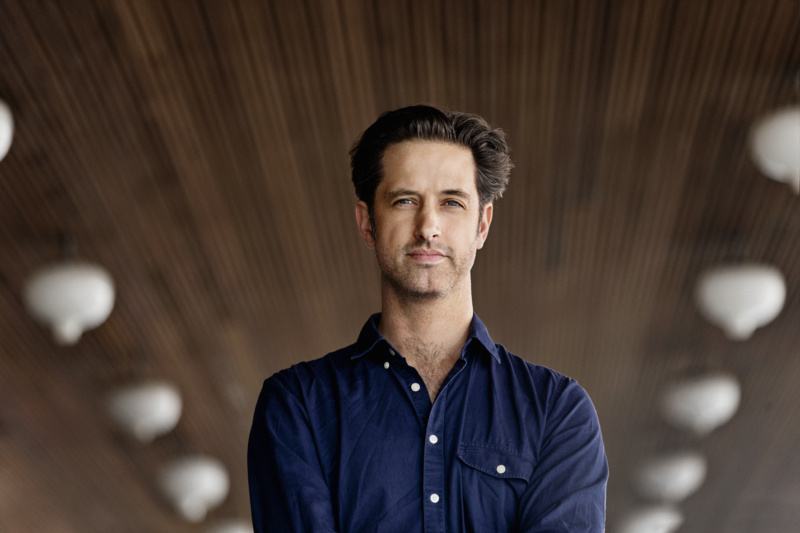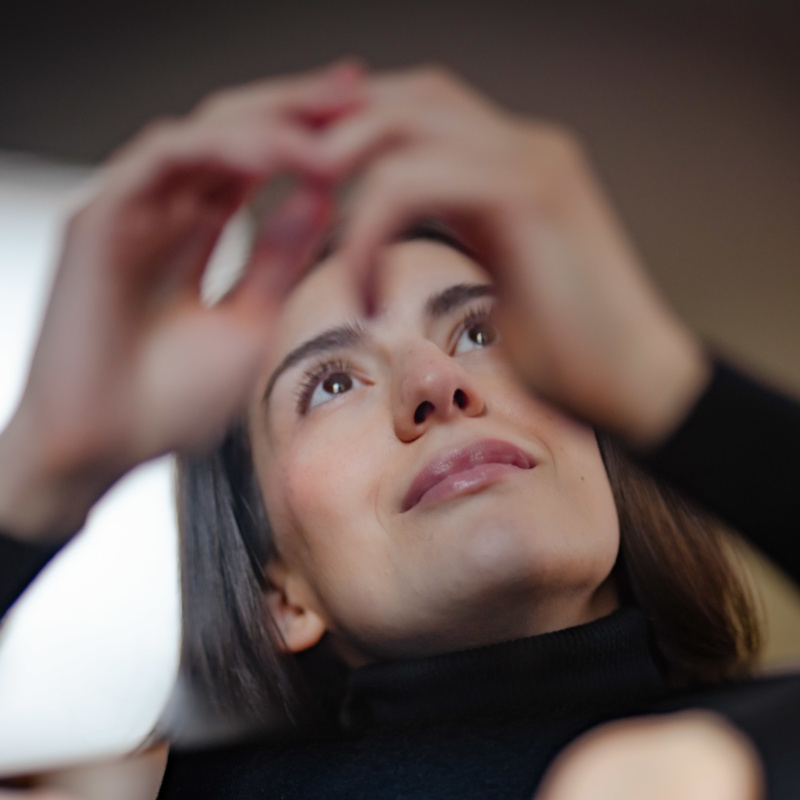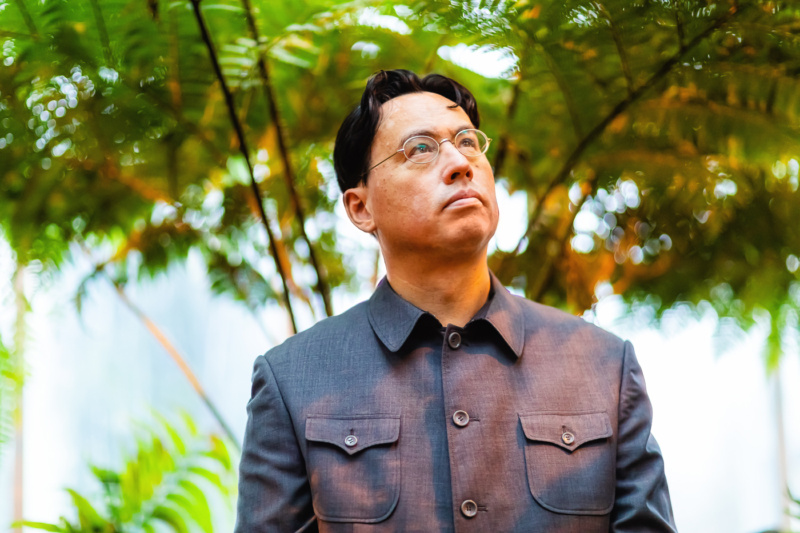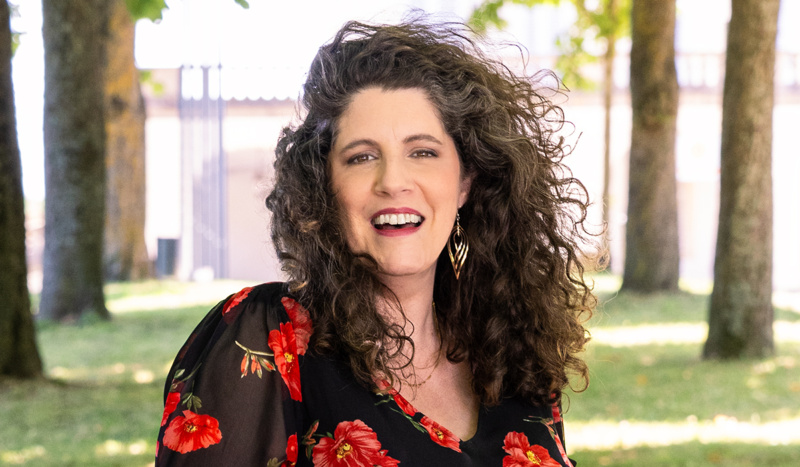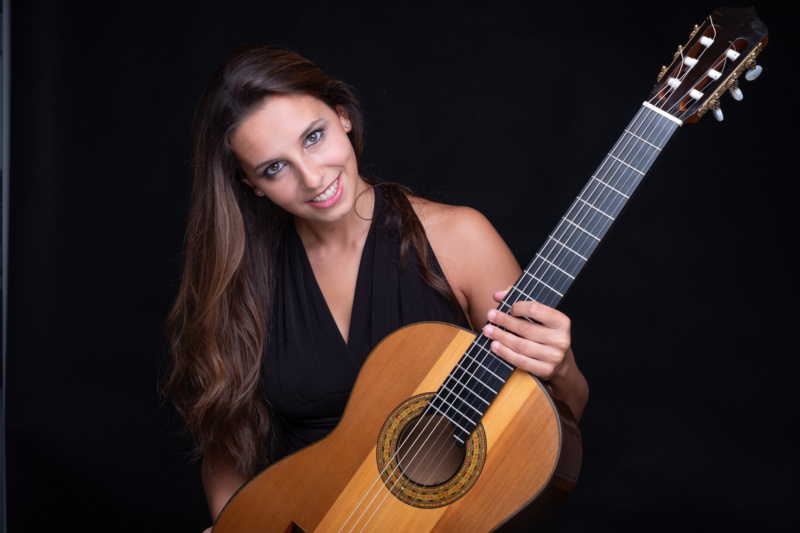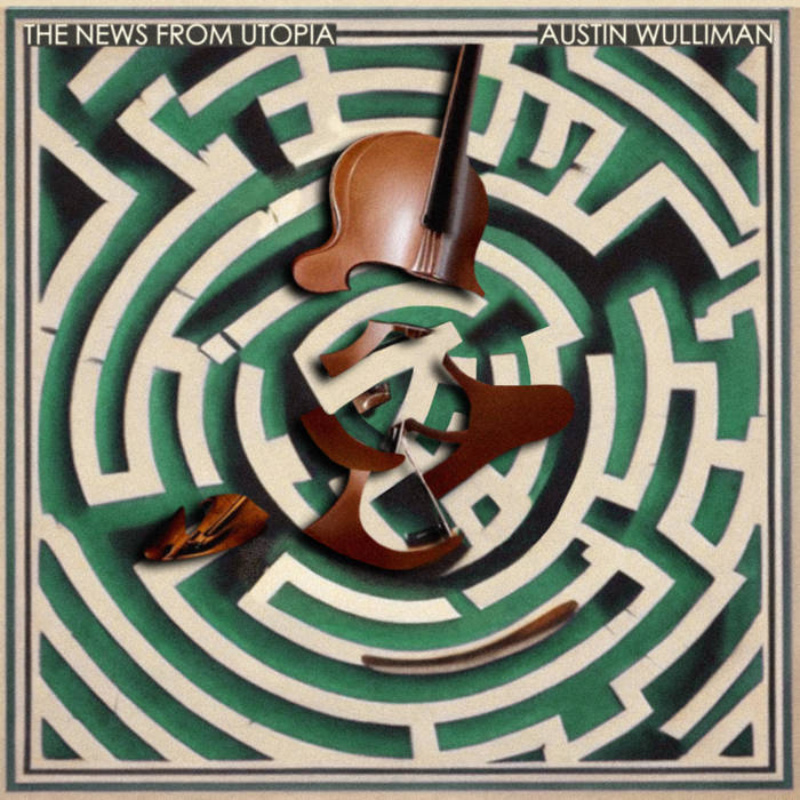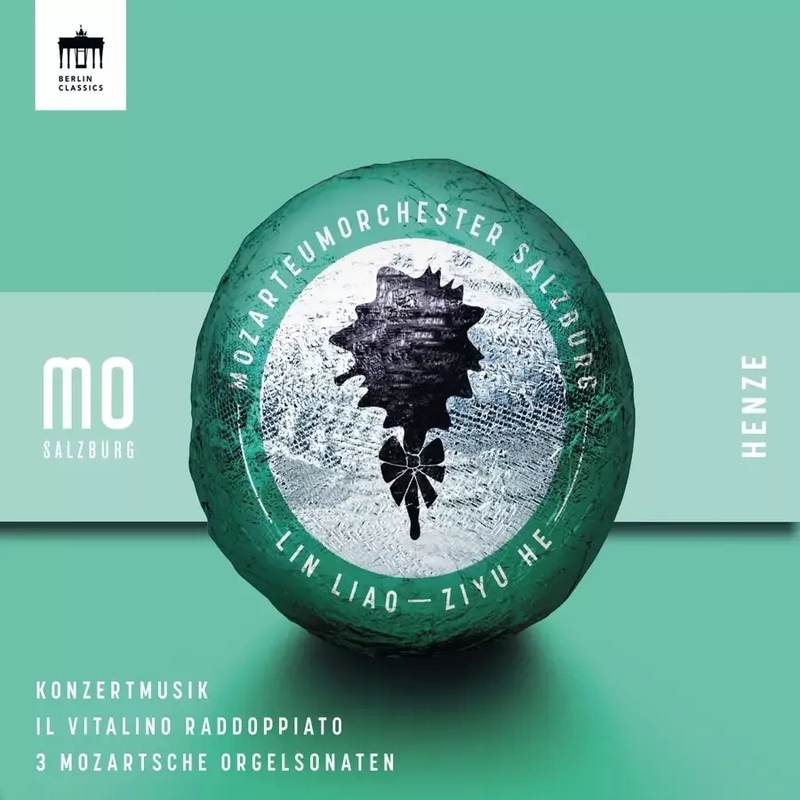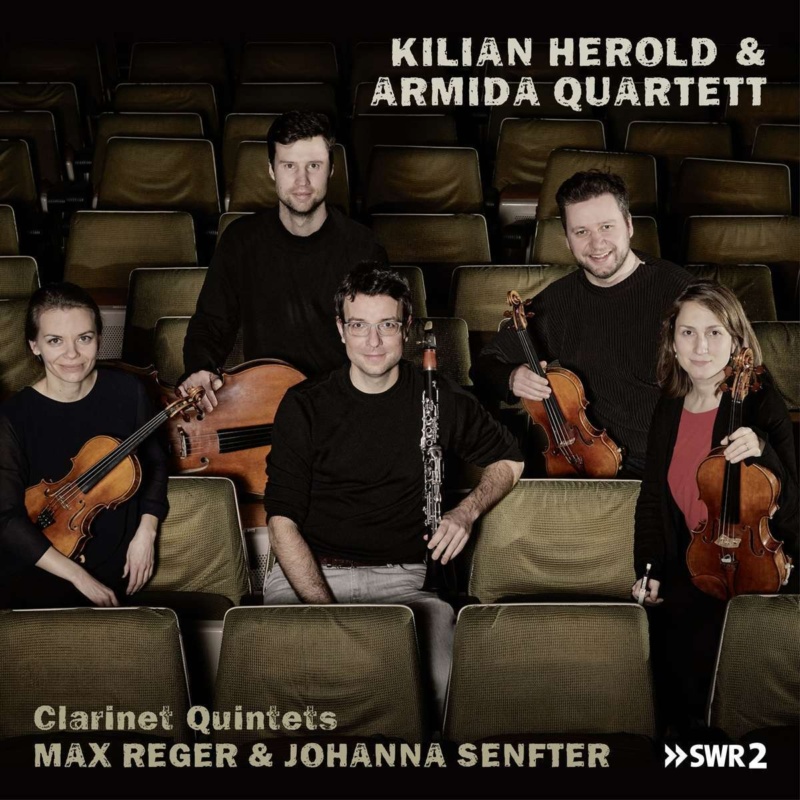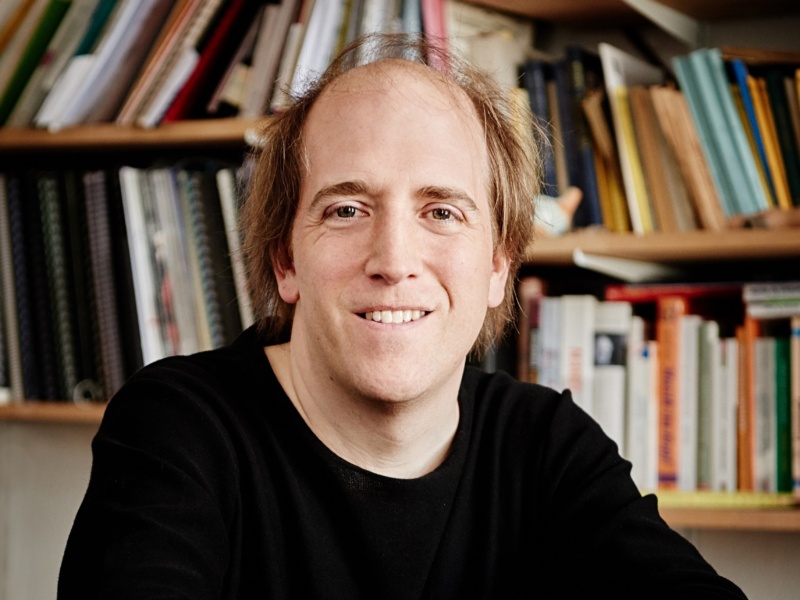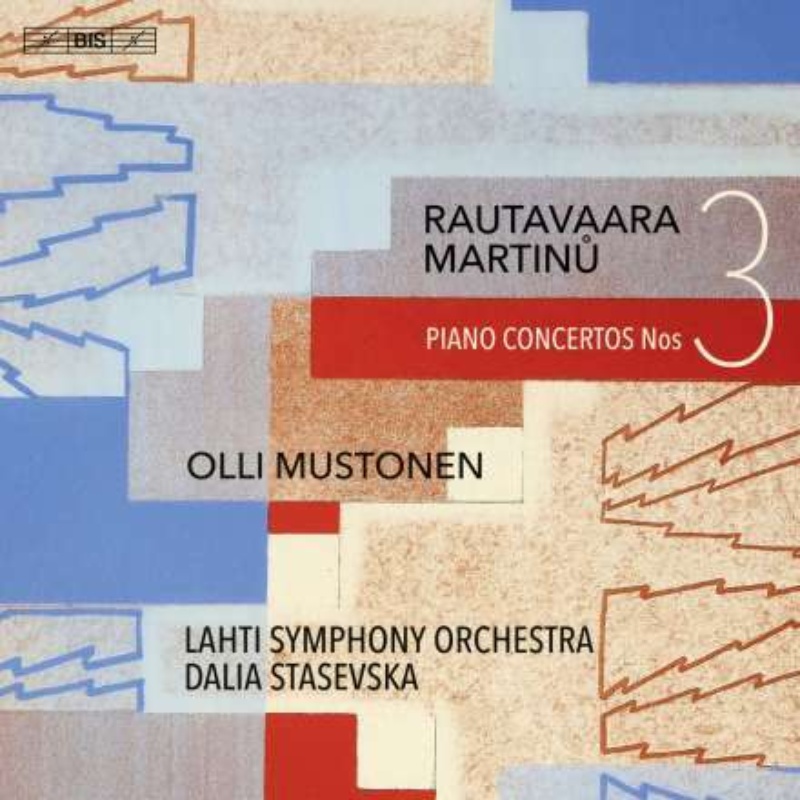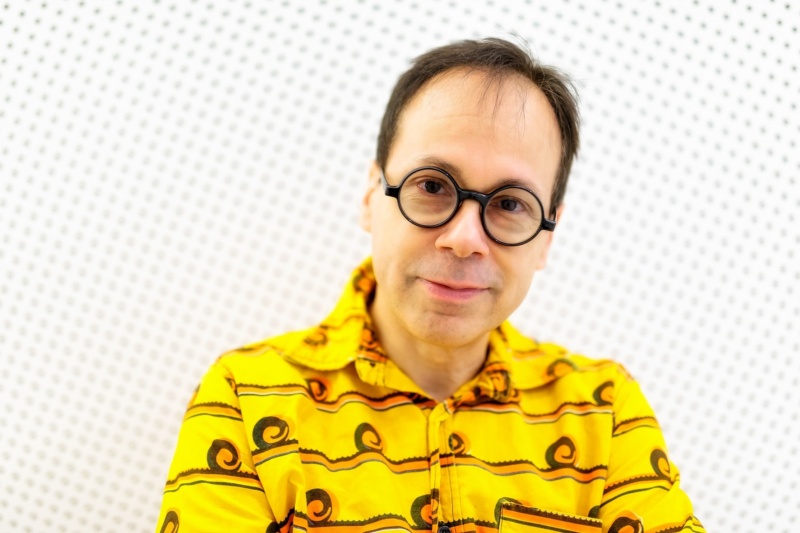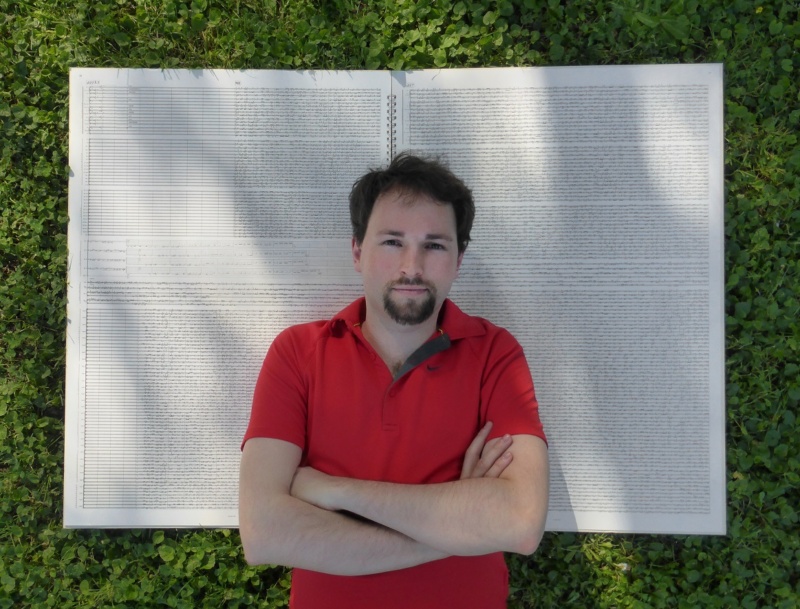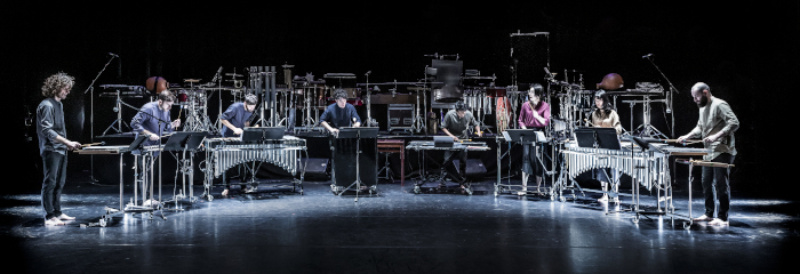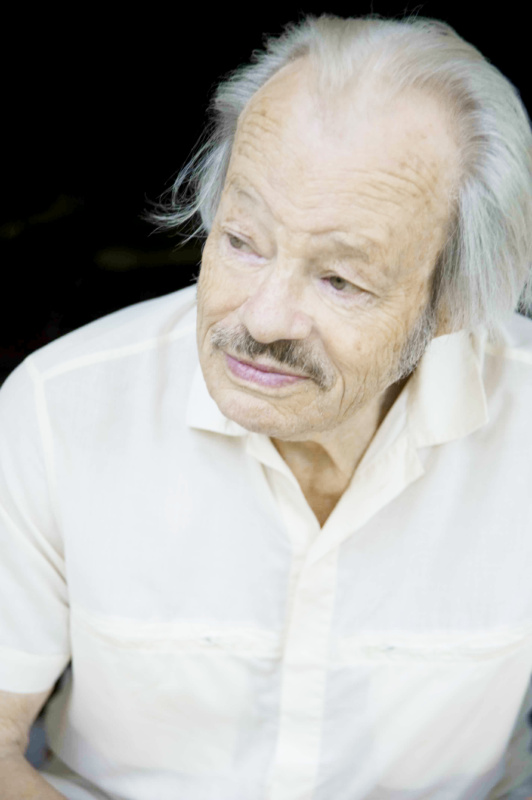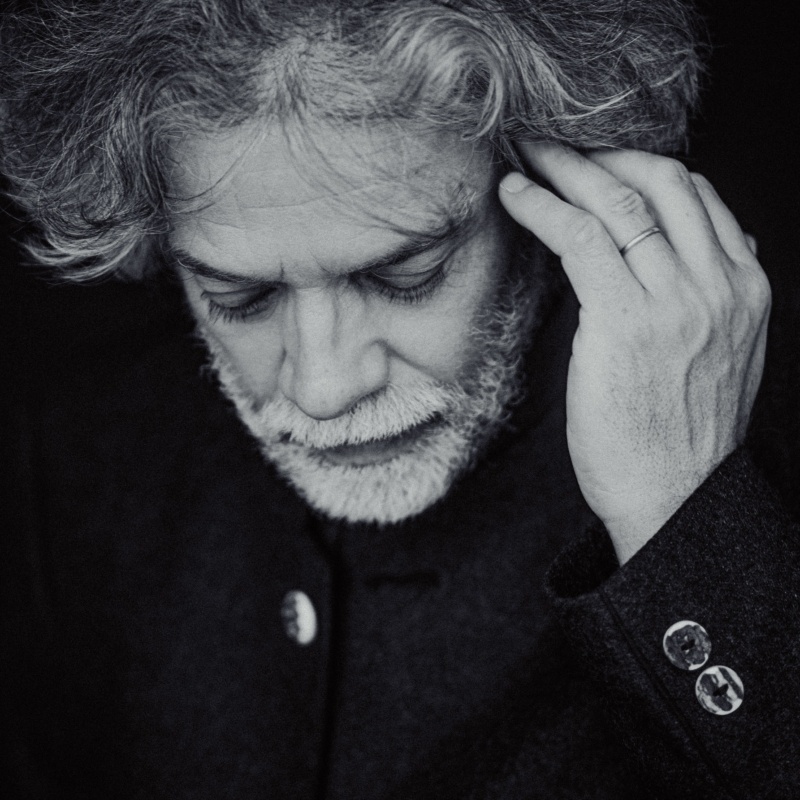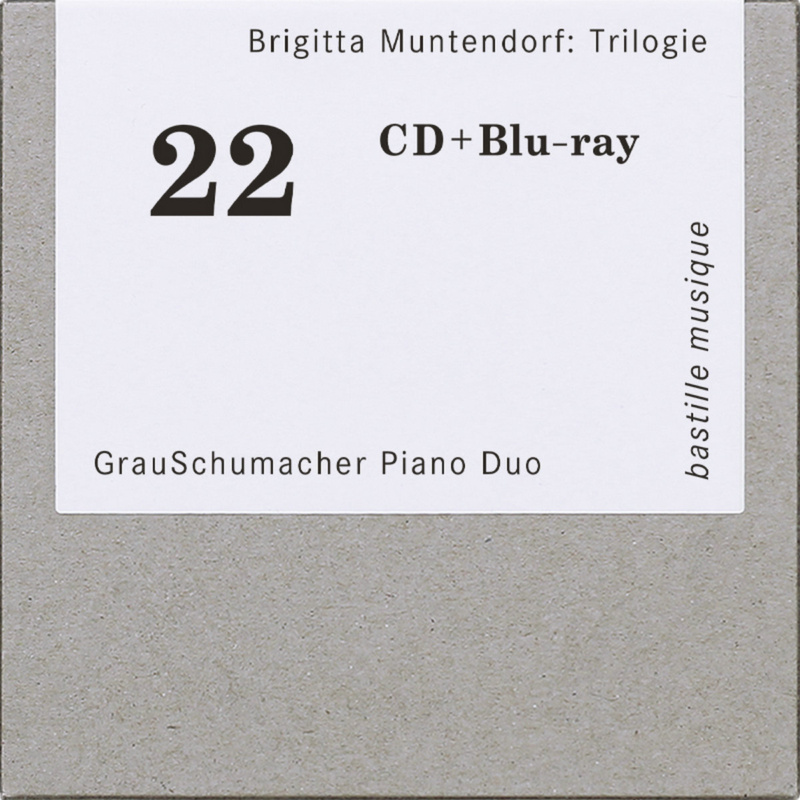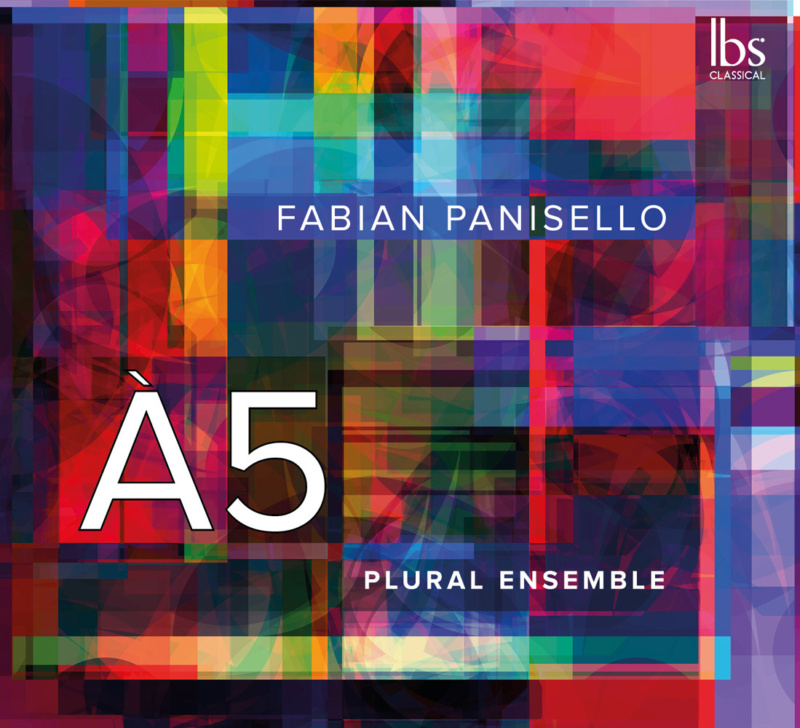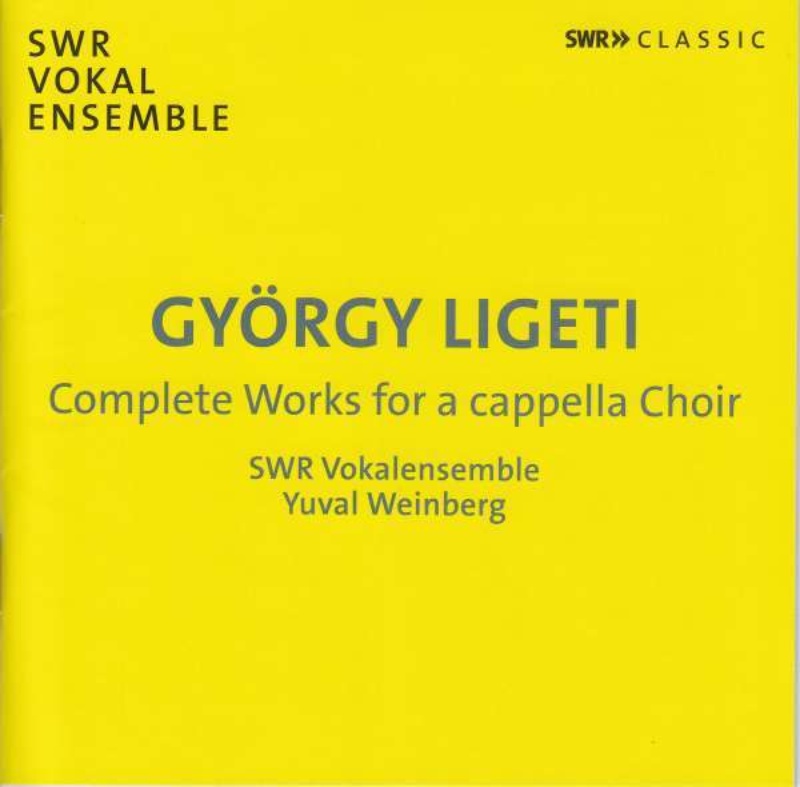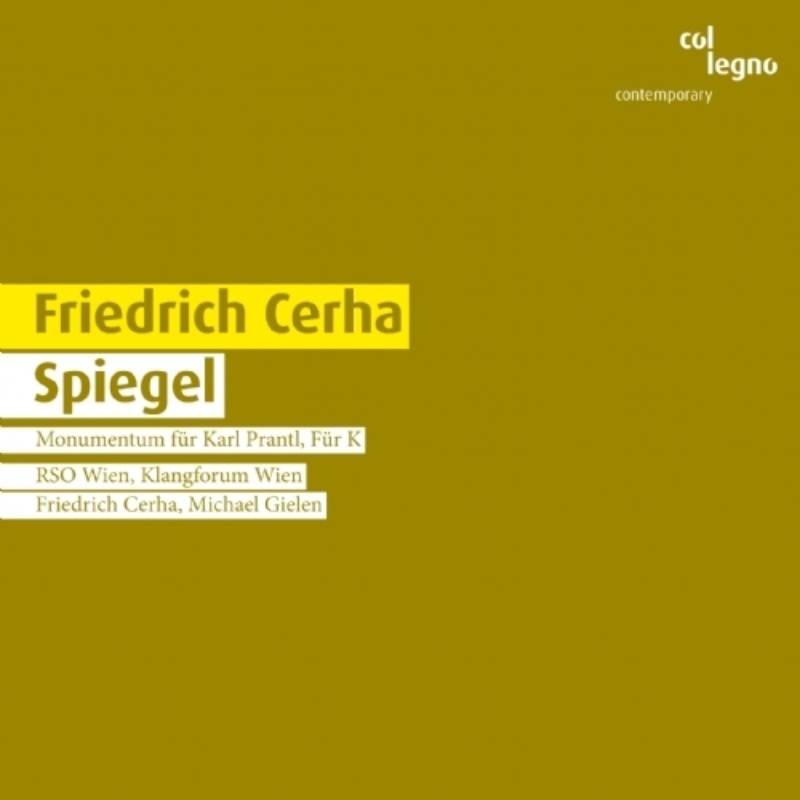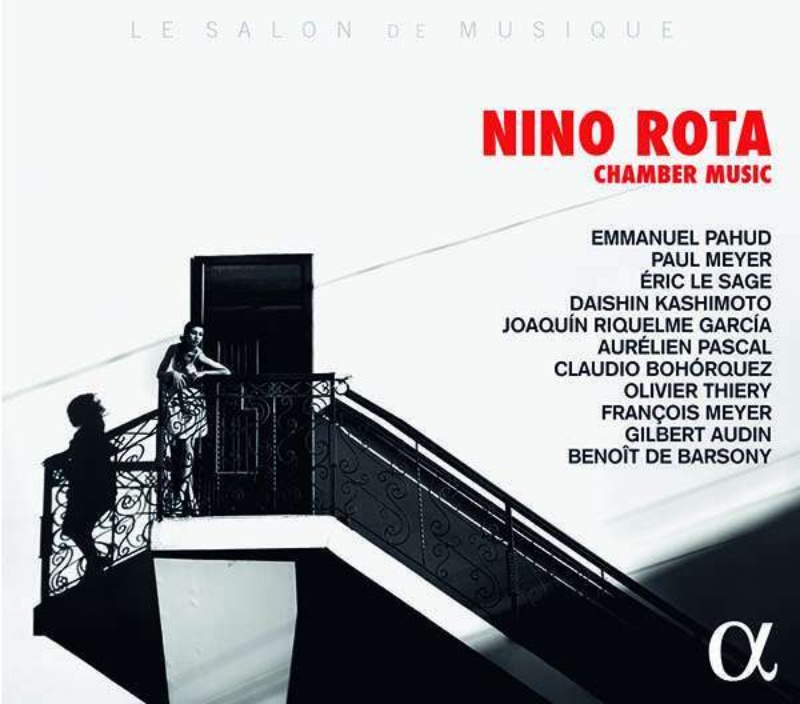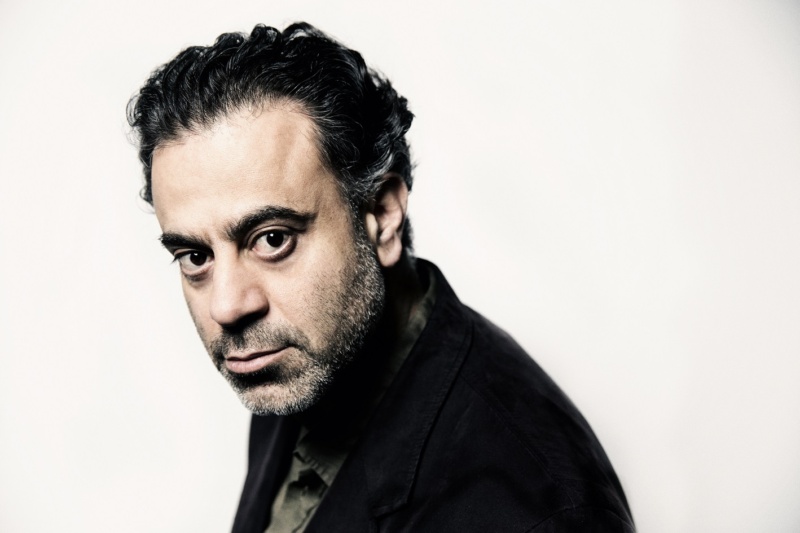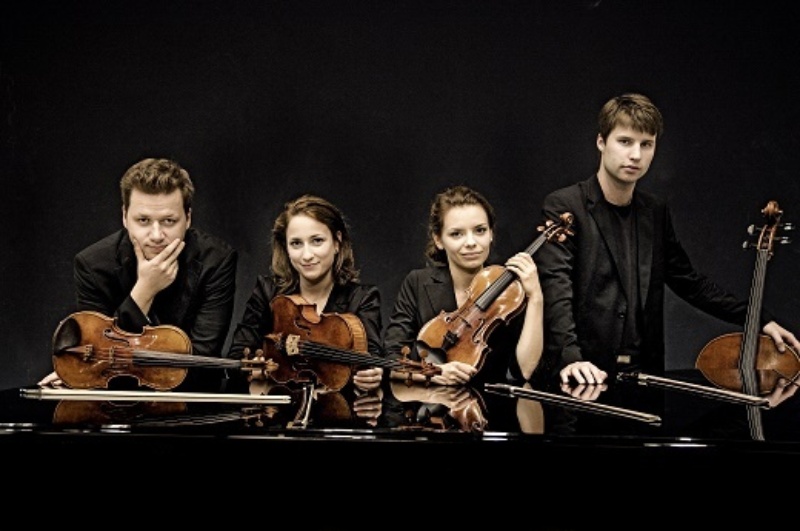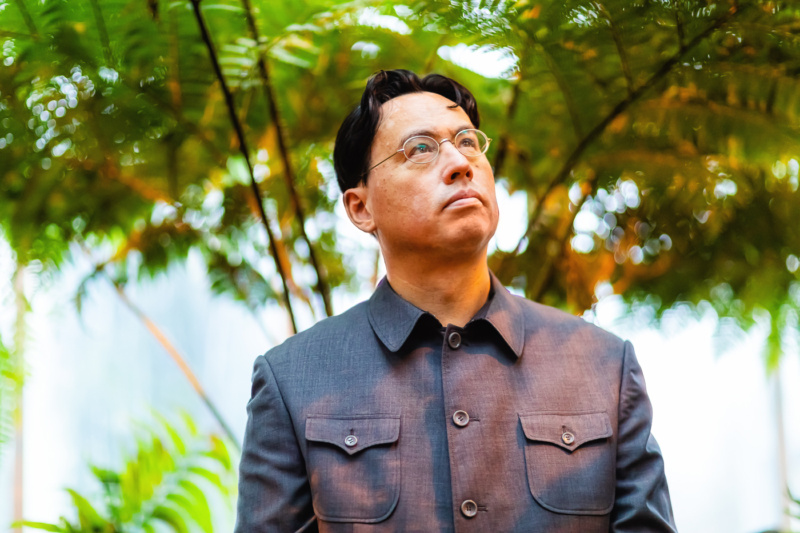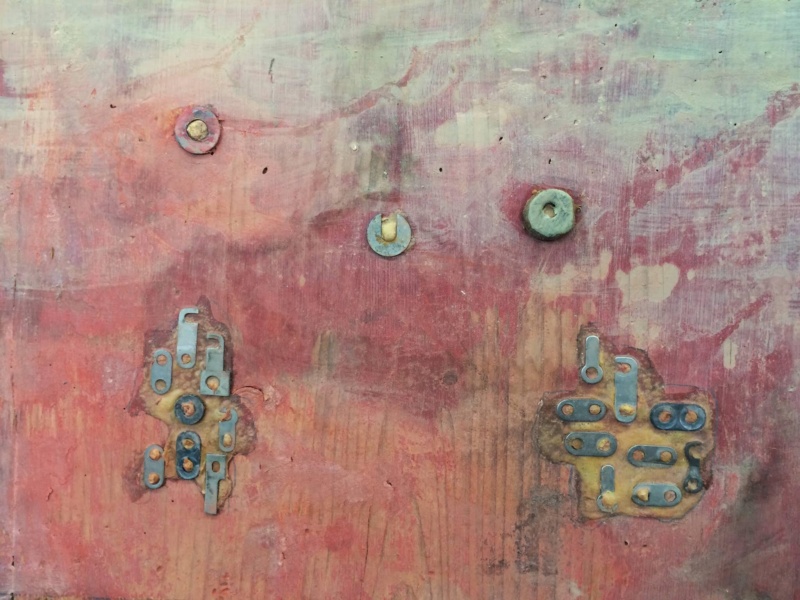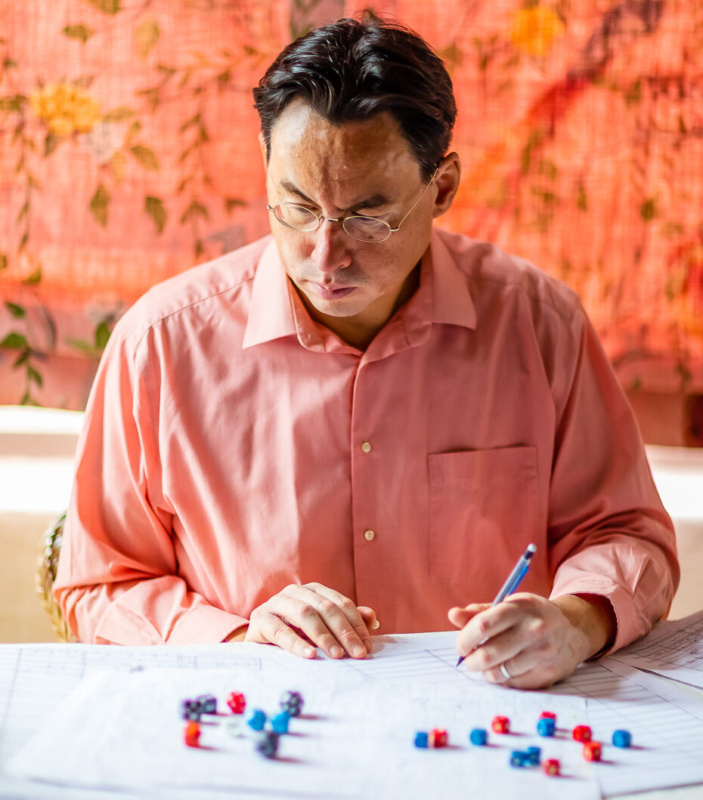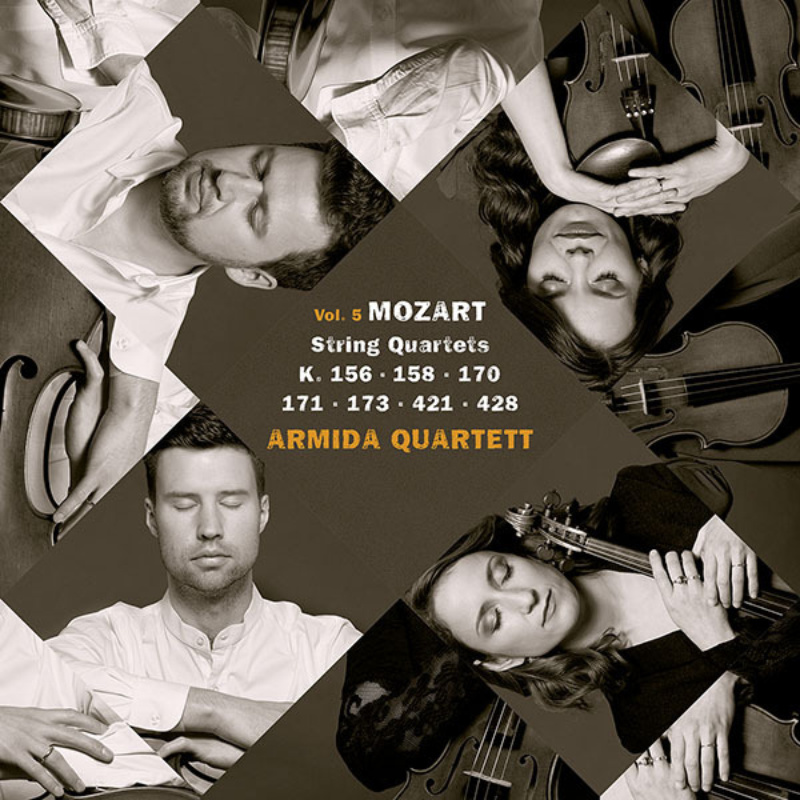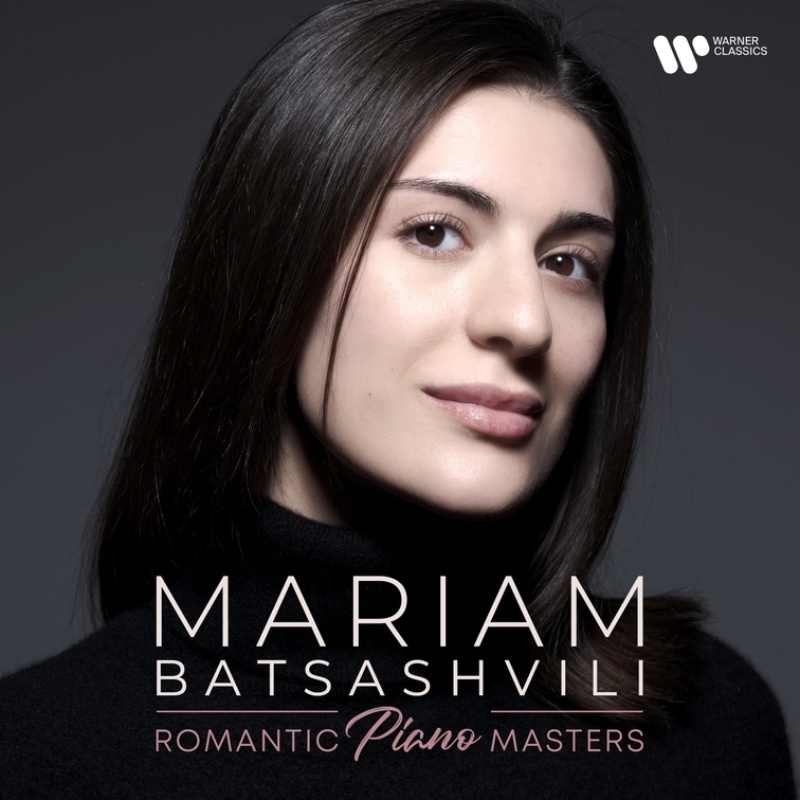Together with director Tobias Theorell, who came to the Folkoperan as artistic director just one year prior, he approached the idea of romantic sound at the season opener 2021 with Verdi's Don Carlos. In July 2021, the two gave insights into their plans as an artistic team.
This season marks the start of your collaboration at the Folkoperan in Stockholm, a small theatre with a special focus on folk opera in the best sense. What is your personal motivation to work at this particular house?
Henrik Schaefer: My major motivation was that my dream, which started 14 years ago, of coming back to the romantic sound of an orchestra, could come true at Folkoperan. There is no institutional orchestra, so we choose the musicians for every production, and they are of course motivated to create something new. In a normal opera orchestra they have their job and they love it, but they don’t have to be as flexible. It is almost impossible even to ask them to play with a classical bow or to use gut strings. It cost me a lot of energy to do that in Karlstad where I did Parsifal and the entire Ring with gut strings. Now at the Folkoperan, I have the chance to also get a romantic wind orchestra, which will make a big difference in the sound. The other motivation is that I like to work in a house that is so flexible. A big opera house, with 500 or more people working there, is a very slow ship to steer. Here, Tobias, Monica Fredriksson, and myself make the big artistic decisions. As a conductor you are involved in the whole decision process of every production. That is something I find very rewarding and interesting.
Tobias Theorell: I agree with Henrik – for me, Folkoperan also has to do with flexibility. And with the closeness to the audience. Our auditorium is not tiny, we can take almost 600 people, but it is not huge either. And because we are not a repertory theatre, every production has the full focus. We have to build ourselves into the room, which gives us a lot of possibilities. We are much more limited in budget if you compare it to the big opera houses, and we have to ask ourselves how we want to interpret the music and the staging, because we have to reduce. We always have to think about what we do, and to say why we exist. We have to communicate with the audience in another way, which makes the art form more vital and more meaningful. Fokoperan has a unique position in Swedish cultural life.
So in a way you are carrying on with the tradition of Folkoperan.
TT: Yes. It was the idea of Folkoperan from the beginning, and it was a common practice. The English National Opera also started this way: to be close to the audience, to reach the audience in new ways. That is the “Folk” in Folkoperan. Also singing in your native language.
I wondered about that – will you keep singing only in Swedish? And how do you manage that with libretti – do you have to translate, arrange, write a lot? Or is there already a repertoire at the house in Swedish?
HS: There are always all the older translations, but most of the time there will be a new translation. We don’t have a big chorus, we don’t have a big sidestage. There are lots of restrictions, which in a way make you think very freshly about a piece. The translation has to fit these new thoughts. And the idea about the singing – in Germany it dies away, there are just a few pieces that are always sung in German. Even Komische Oper in Berlin is singing in original languages now, the Volksoper in Vienna as well. But our dream is to get rid of a text machine. We want to get back to a way of singing where you can actually understand the text. It has become more and more accepted that the singers just produce sounds and that the words are not important anymore. And that was definitely not the case when the pieces were written. Because there was no text machine in those days, and there was no other way of understanding the plot than listening to the singers. We want to get back to that.
That’s interesting – so it is not just about period instruments, it is also about bringing back certain vocal qualities.
HS: Absolutely. We already had a workshop with the singers for Don Carlos, and we talked a lot about the text and about a way of singing. For me the big surprise is that nobody has been trying this properly before. Since there are recordings! For classical and baroque music, we only have written sources, and then we try to imagine how it sounded. We have accepted a certain way of how baroque orchestras and a certain way of how Wiener Klassik should sound, which is probably completely wrong, because we don’t have any proof. But for the romantic music, we are interpreting everything like it has been done after 1935, and we completely forgot what was before. Don Carlos was written around 1860, so we don’t have any recordings from then, but rather from the very end of the 19th century. They prove how people made music in those days. And it is a wonder how this could have been forgotten in 100 years.
How does that go together with modern stage direction? Is there a clash? How is it for you as stage director to work with historical performance practices?
TT: I think it is the other way around, actually. Using historic sources is a way of getting rid of a tradition, of something that is now just repeated like you hear on thousands of recordings. The goal is not that the audience should have an experience from the 19th century, but it should feel very modern. They don’t sit there and think: Oh, period instruments, this is how it sounded. But rather: Wow, I have never heard Verdi in this way. We wash away the things that have been building up.
If the productions are sung in Swedish, will you also make it accessible for international audiences? Or are you first focusing on local recognition?
TT: If you begin local, it is a good starting point to being really global. I think it is dangerous to do it the other way round. Of course we are looking at technical solutions, where you can have a little device in your hand and switch to English or German. We do want to be accessible, and with the technical possibilities nowadays, it is much easier.
HS: We both think that if singers sing in their native language, their acting abilities are better than if they sing a text that they have learned. I always find this very clear when you listen to Janáček operas, where everybody is fighting with the text. The singers are not busy with anything else than with trying to speak the Czech words. But on the other hand, to have singers that actually connect, have immediate feelings, reactions in their bodies when they say a sentence, that makes it much easier. During the process of working with the opera, a lot of questions come up. For example, I always wondered why there are these amazing fermatas in Puccini operas. And there is no path leading there in the operas before? It cannot be true! It cannot be true that a Verdi opera just goes like a train. There was much more rubato. They just allowed themselves things that we don’t allow ourselves anymore. Everything is drilled on perfection, not making mistakes, hitting all the notes, and pleasing everyone. But there is nobody who really thinks about the music and the feelings that are in music. We just had two days with the singers, and already they manage to follow their feelings and forget the one thousand similar recordings that they had heard. Singers always get told by the conductor and the vocal coaches how to sing. And then they do it. There are very few who follow their own musicality. That’s where we want to get back to, both Tobias and I.
Could you talk more about the Don Carlos premiere which is coming up? It is not exactly a small-scale piece, and you had to arrange it also. Why did you choose this piece in the first place?
TT: Apart from the fact that it is a fantastic piece that has so much to say about our time, it was because I also want to reach another level of acting. In Folkoperan, you are very close to the audience. That means you can be very subtle in how you work with the acting. I think that Don Carlos is maybe the best of the great operas to explore this. It is like working with a play by Ibsen or Chekhov. In Verdi’s original there are these big chorus scenes, but they don’t exist in Schiller’s original play. I think Verdi put them in because the audience wanted it, or the opera house. So my fist question was: Could you do Don Carlos without the chorus? Could you do it with only the six main characters? Because they are all really main characters that are so complex and so contradictory.
I imagine it being very complicated to put together an ensemble with the flexibility to play on period instruments from different eras. How does it work?
HS: Our big aim is to rely on the freelance scene and give the freelance musicians in Stockholm the chance to play opera. So you need a lot of knowledge about the people in Stockholm who are very good musicians but don’t have a fixed position. And then the period instrument thing is a process. For me it began in 2007 with Parsifal in Karlstad, starting with gut strings and employing some of the romantic playing techniques on the string instruments. I did the whole Ring there as well. But the wind orchestra always was modern. My biggest desire was to also get a wind orchestra that plays on instruments from the end of the 19th century. This is a lot of work for the musicians, because some of the mechanics are different – the instruments have weaknesses, so to speak. They have been developed further and further, and the main aim was to make them louder. For example, we don’t have a tuba or a cimbasso, we use the original ophicleide as the lowest instrument in the brass. It is much smaller, and it can’t sound as loud either, making it possible for the singers to use much more dynamics in their voice. If you look at the score, Verdi writes a lot of dynamics in the singing parts, which is very unusual. It goes down to three p. We have forgotten all of this. Everybody says it’s impossible to sing piano there, because the orchestra is too loud. So it is a big process, and you find new problems every day, but also you find new solutions every day. I think it is the most exciting production so far, and we haven’t even started (laughs).
In addition to the opera productions, there will also be concerts – what are you planning for that?
HS: We have come up with many ideas about how we can bring more music into the house. We want the doors to be open most days of the week, even when we are in the rehearsal phase for a new opera, which normally means that the house is totally closed for six weeks. We want to make it a vivid part of the neighbourhood.
TT: For every Friday we want to create a concert format for the foyer, where you can come in and sit or you could stand at the bar. The concerts will be maximum one hour, and we want to do unexpected mixes of classic music and other genres, so that people can say, “It’s Friday, let’s go tonight, I don’t know what’s on, but it’s always something interesting.”
HS: There is no big square around the opera house, no “Pietätszone”, but instead: Restaurant, restaurant, restaurant, opera, restaurant. It is built into a block, there are flats above the opera house. We want it to be part of the nightlife which is already going on in the street. It will be so cool if you eat somewhere in a restaurant, then you go for an hour into the opera house, then you go to a bar, and you can have a cultural evening without it being somehow stiff. It is going to be exciting when it starts after the summer.
Interview: Nina Rohlfs, July 2021
